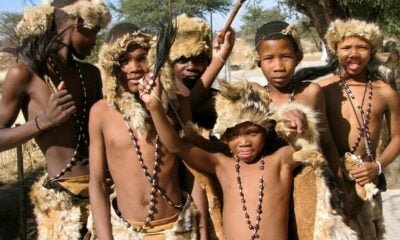People & Culture
The Fascinating Story of Dahomey: A Kingdom of Warriors and Culture
Published
3 years agoon
By
M N Ridwan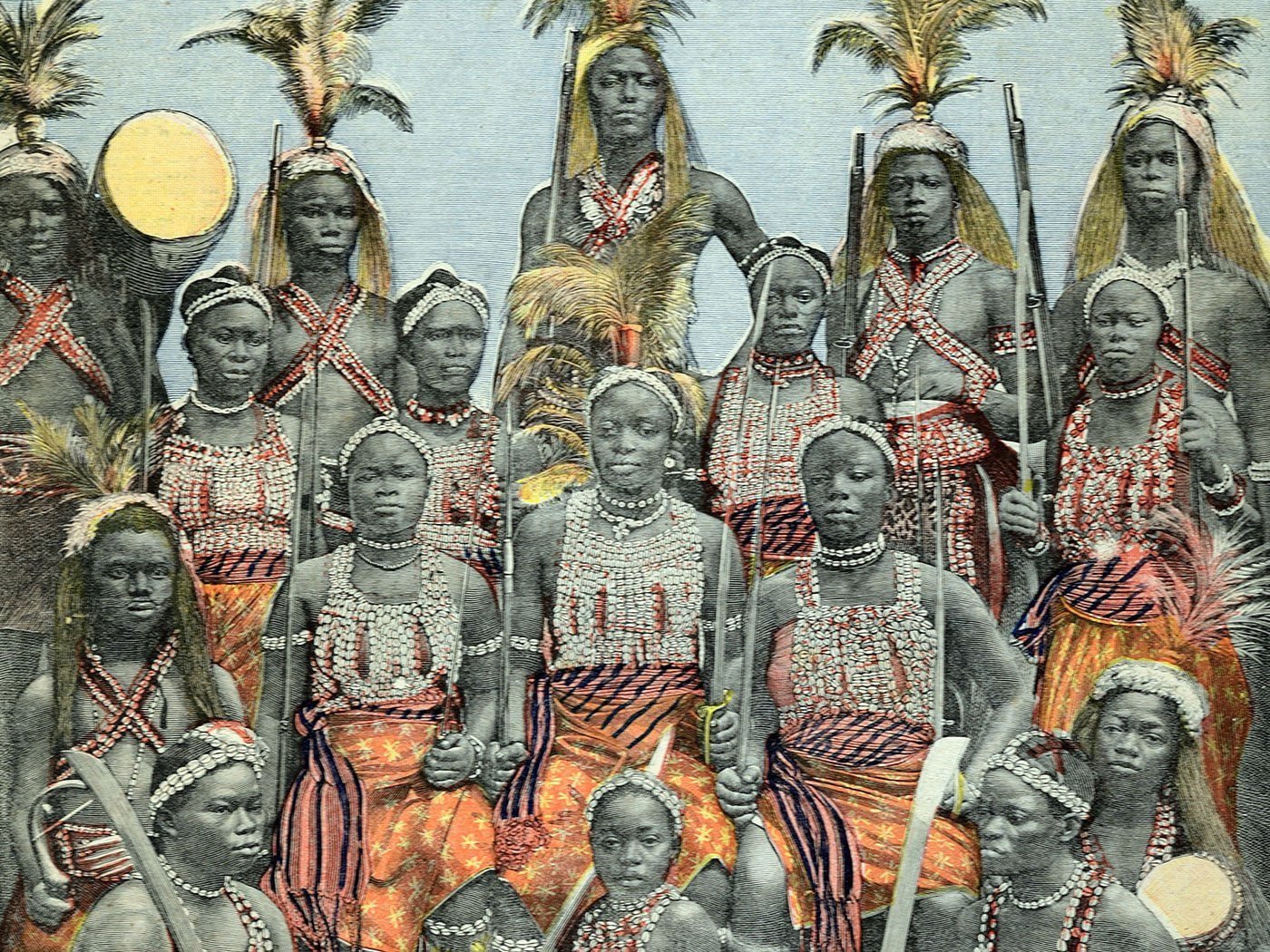
Dahomey was an African kingdom located in what is now the Republic of Benin.
The kingdom was known for its powerful military, rich culture, and distinctive social and political organization.
In fact, the Dahomey culture was a mixture of indigenous traditions and African and European influences, and it was one of the most unique and fascinating cultures in West Africa.
Their Matrilineal System
One of the most notable aspects of Dahomey culture was the role of women. Unlike many other African societies, Dahomey was matrilineal, and women held a high level of power and influence.
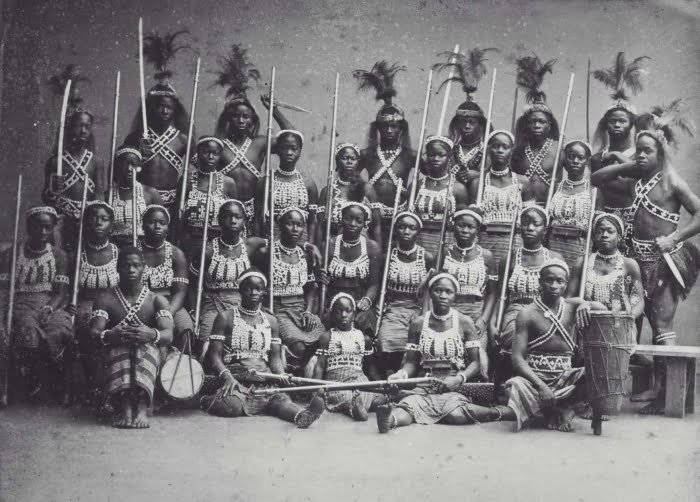
Women controlled the economy through their participation in trade and commerce, and they also had significant political power, with a female-led military force known as the Dahomey Amazons. These women were skilled warriors and were responsible for the kingdom’s military conquests and protection.
READ ALSO: The Thrilling Culture of The “Nyishi Tribe” From India
Their Religion & Beliefs
Another key aspect of Dahomey culture was religion. The kingdom was home to several traditional African religious practices, such as Vodun (also known as Voodoo), which was a blend of African, European, and Native American beliefs and practices.
Vodun was an important part of Dahomey culture and was used to communicate with the gods and ancestors, as well as to heal the sick and protect the community.
Their Art & Oral Tradition
In addition to religion, Dahomey culture was also known for its art and architecture. The kingdom was home to several palaces and temples that were adorned with carvings and paintings, showcasing the skill and creativity of Dahomey artists.
Moreover, the Dahomey people also had a rich tradition of storytelling and music, which was an important part of their cultural identity and heritage.
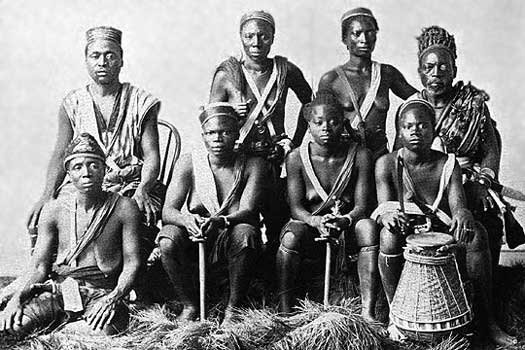
Their Military
Despite its rich culture, Dahomey was a highly militaristic society. The kingdom was constantly at war with its neighbors, and the Dahomey army was known for its strength and bravery.
This military focus was reflected in the kingdom’s political structure, which was highly centralized and hierarchical. The king was the ultimate authority, and he was supported by a powerful bureaucracy and a strong military force.
Their Festivals & Customs
One of the most famous aspects of Dahomey culture was the annual Festival of the Customs. This festival was a celebration of the kingdom’s heritage and cultural identity, and it was a time for the people to come together and pay homage to their ancestors.
The festival included processions, music, dance, and other cultural events, and it was an important part of Dahomey’s life.
Influence Of Europeans On Their Culture
The Dahomey culture was also influenced by the arrival of European traders and colonists in the region. The kingdom was one of the largest African slave-trading states, and it was heavily involved in the transatlantic slave trade. As a result, Dahomey was exposed to European culture and technology, and this had a significant impact on the kingdom’s social, economic, and political development.
Despite its rich cultural heritage, the Dahomey kingdom was eventually conquered by the French in the late 19th century. In light of this, the kingdom was incorporated into the French colonial empire, and its culture and traditions were suppressed and marginalized. However, the legacy of Dahomey culture lives on in modern-day Benin, and the people continue to celebrate their heritage and traditions.
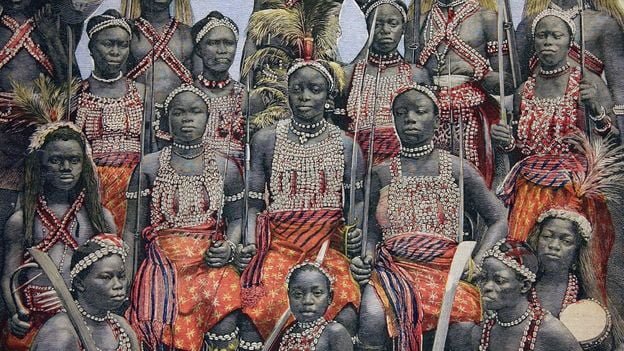
Baseline
The Dahomey culture of Benin was a rich and fascinating blend of indigenous traditions and African and European influences. It was a highly militaristic society that was known for its powerful army, rich culture, and distinctive social and political organization.

